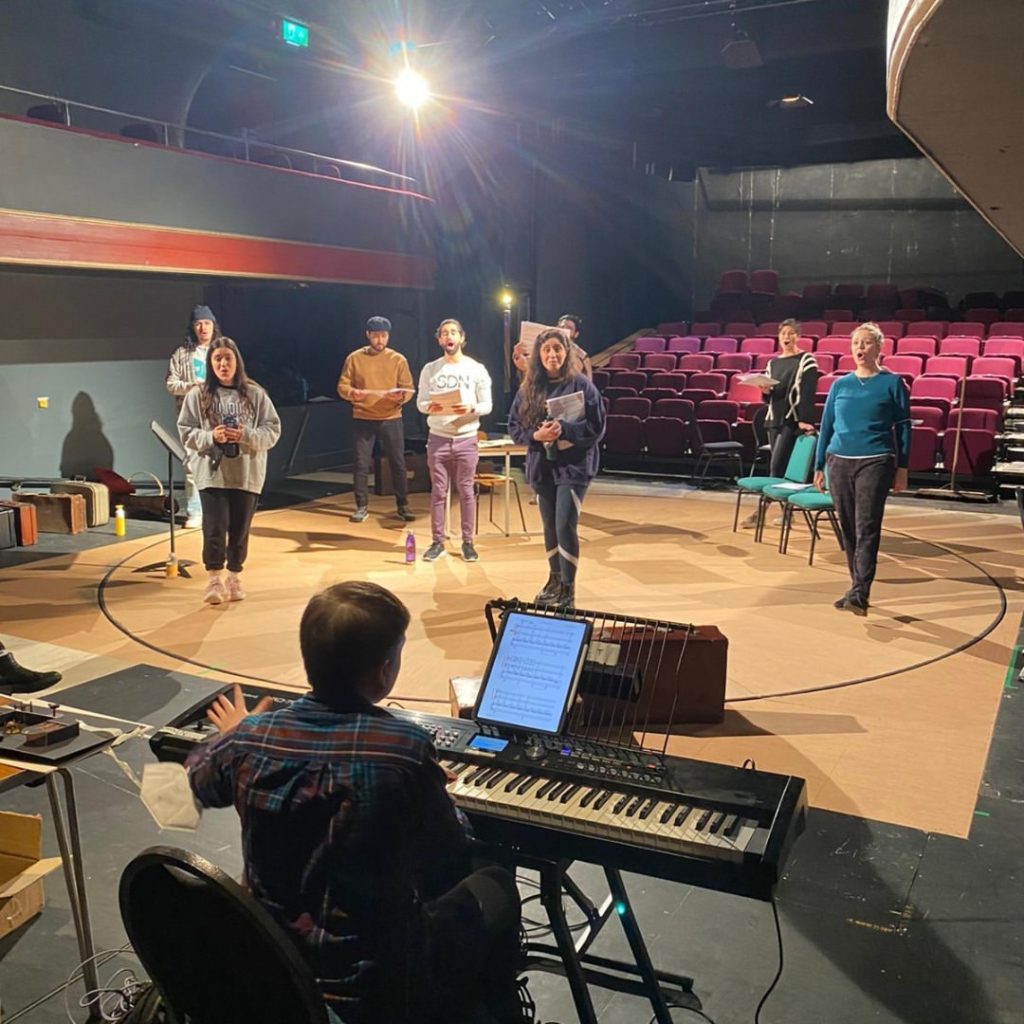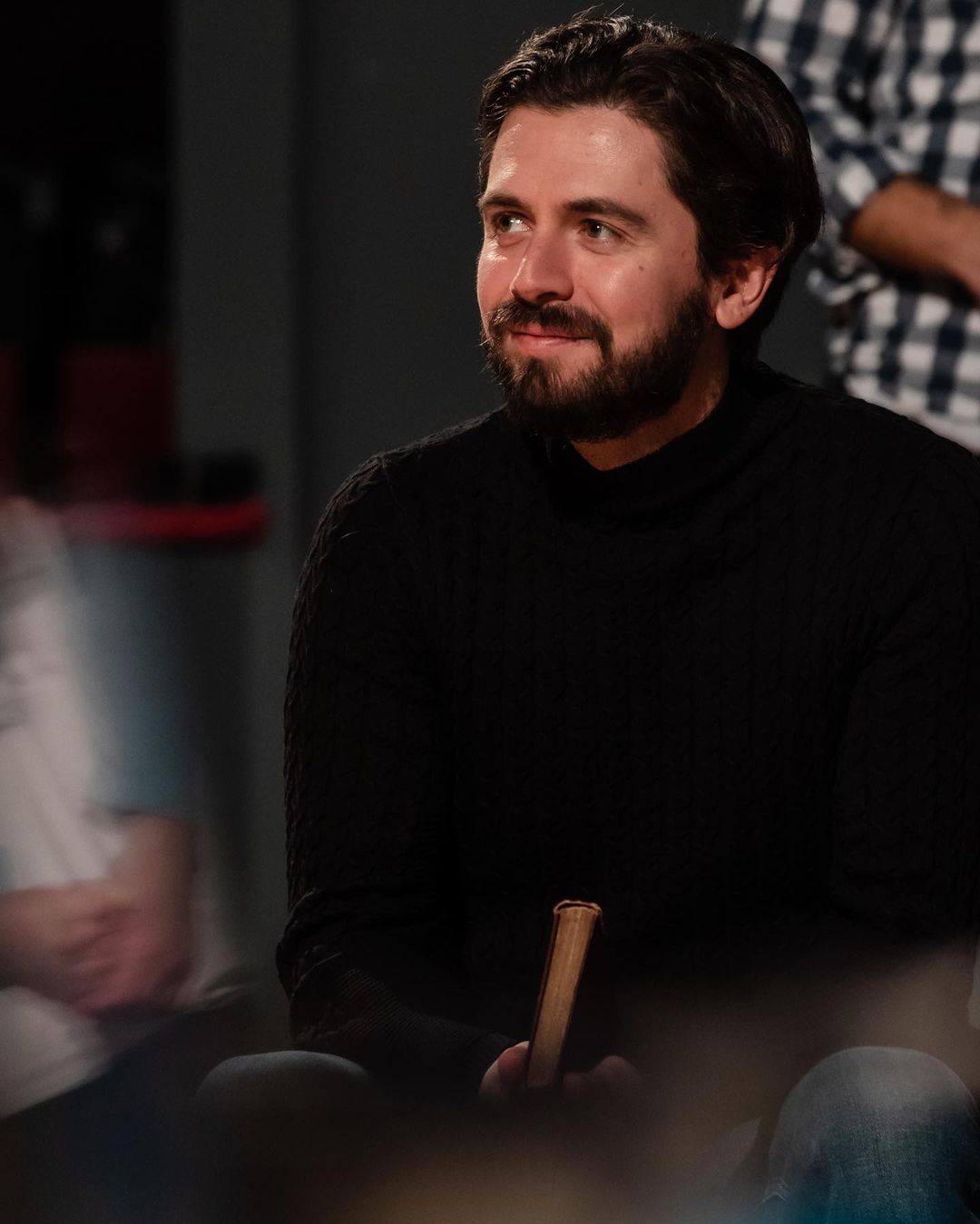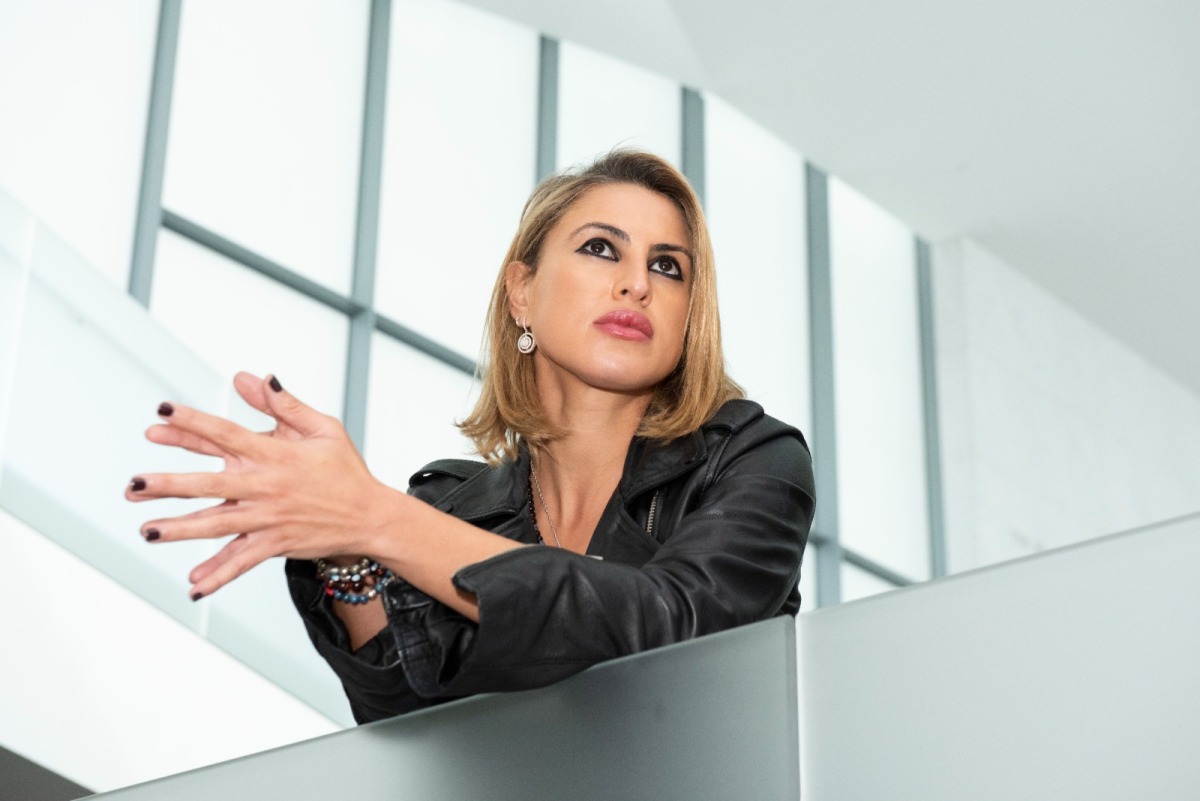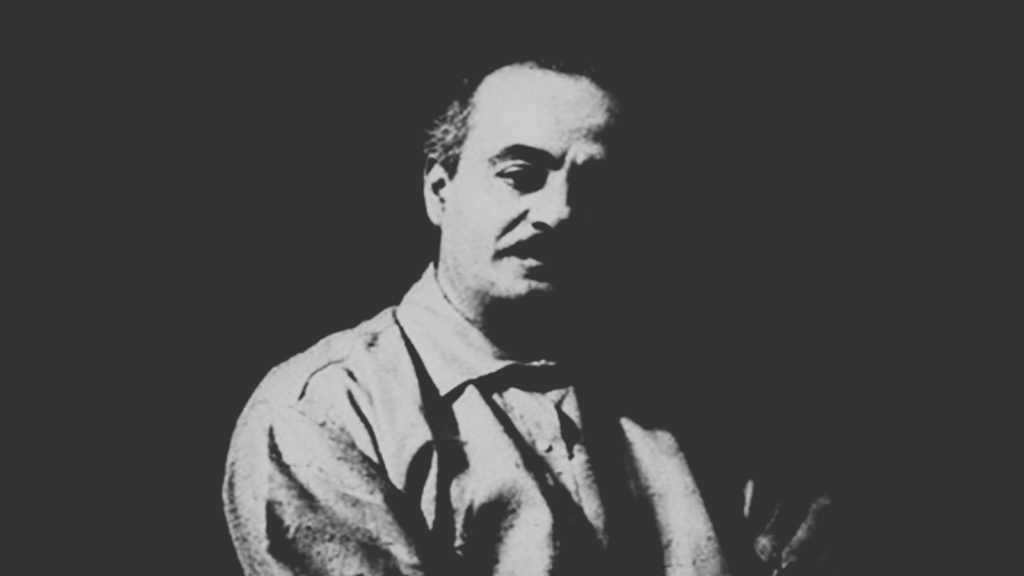Kahlil Gibran’s timeless piece of art, “Broken Wings” gets a musical adaptation, and it’s in London. The Lebanese-American poet, writer, and philosopher has left our world over 90 years ago. Nonetheless, his works are still some of the best Arabic literary works and are just as relevant today as they were a century ago. Created collectively by two Arab artists, his autobiographical novel got adapted into a musical, and it started on Feb. 15 in London’s West End.

Broken Wings
The poetic, Arabic novel was published in 1912. Furthermore, the novel is autobiographical, telling the tragic love story of Gibran’s first love. In Beirut and at the age of 18-years-old, he falls in love with a family friend, Selma Karamy. Their love story lasts for a while before she gets forced to marry another man. With a broken heart and a sense of unfairness, Gibran starts contemplating the meaning of life and spirituality.
At the time, to discuss such a topic was considered social rebellion. Rarely did any writer discuss unorthodox philosophies or spark controversial debates about life, love, and spirituality. Moreover, Gibran was a feminist in the way he analyzed patriarchal limitations on women in the Middle East. His revolutionary work also reconsidered religious corruption in the pursuit of equality and peace. Relatable to this day, the novel deserves an adaptation, and it got just that.
A musical adaptation brings the Middle East to London
The Lebanese-British actor, Nadim Naaman, and the Qatari musician, Dana Al Fardan rewrote Gibran’s masterpiece as a musical. The musical adaptation takes the Middle East to London, as well as discuss immigration, gender equality, and the freedom to love. A century later, the world still struggles with these problems.


Naaman was really excited to adapt the Lebanese story, to truly represent the Middle East in Europe. He said, “It’s a very fictitious world in the western media and the Middle East is only ever really examined in problematic subjects like terrorism, immigration, and politics and I wanted to showcase some of my heritage and my culture in a positive light.”
The co-writer and Qatar’s first female contemporary composer, Al Fardan, voiced the same concerns. She also thinks that the international audience wants to see the Middle East in a different light. They want to see other than negative and false portrayals of the region as dangerous and strained. Bringing such unconventional ideas from a deeply traditional region is ought to do that.
The musical actually is Naaman’s debut as a writer. Naaman thinks that he and Gibran both share something, and it’s having lived in two different countries with two opposed cultures. Furthermore, the writer takes a part of himself and adds it to the musical, making the older Gibran in the musical reflective of himself.
In a time of ideological revolution, this is exactly what the Middle East and Europe need for unity.



